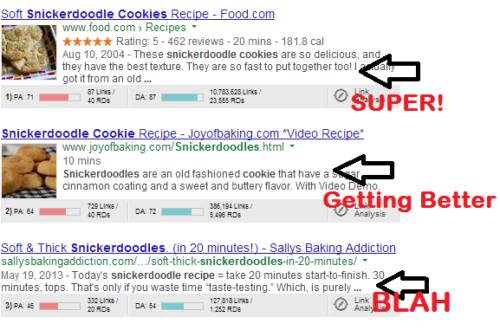4 Ways to Make Your Business Profile Go Viral

Today everyone from your local post office to your best friend’s dog seems to have a social media presence. That includes over 50 million small businesses, who use social profiles to connect with customers.
While the trend of interacting with your customers online can be fantastic for sales and penetration, the competition with other businesses for your target audience’s attention is getting fiercer than ever. That’s why we’ve put together a list of four ways to make your business profile go viral and give your company the exposure it deserves.
1. Make Your Business Accessible
First things first: there’s no point in creating stirring viral content if people can’t follow it back to your business. Before you start launching fantastic posts, make sure that you’ve got a strong social media presence set up. That means updating your company pages with correct contact details, current images and topical insights.
2. Create Emotive Content
Think about the last few posts that you shared with your friends and family on social media. Did it make you laugh? Cry? Get angry? The chances are, you’ll start to see a pattern. A study done by the New York Times interviewed 2,500 people on why they shared content online. The main reasons were: to bring value and entertainment to friends, to give others a better sense of their values and to spread the word about causes they cared about.
To make your business’s posts get more traction on social media, you need to steer clear of corporate jargon and show off your company’s human side. Don’t be afraid to be funny or provocative, while staying true to your business’s persona. For example, if you’re a funeral company, a post entitled “6 Hilarious Things That Happen at Funerals” may not be appropriate. However, an article titled “One Grandmother Shares 10 Rules for a Wonderful Life” maybe be just the right combination of poignant and funny.
3. Be Topical
One of the easiest ways to spark debate and inspire strong emotions is to link your brand with a current event. Not only will using keywords related to national events (such as an election) improve your SEO ranking, but it will also give the sense that your brand has its finger on the pulse. This particularly appeals to the younger crowd, who often link up with brands they feel match their self-image. However, it’s vital that you pick your topics carefully. Think Pepsi’s disastrous 2017 Kendall Jenner protest advertisement that inspired international backlash for seemingly making light of social issues.
4. Involve Influencers and Tastemakers
Even if you’ve crafted some truly compelling content, that won’t matter if no one sees it. If you’re a small business who is still trying to build up your follower base, consider reaching out to influencers. Studies have shown that influencer marketing campaigns that last over two weeks resulted in an almost 9% lift in positive brand sentiment. That positive sentiment translates into higher rates of social sharing.
If you’re going to reach out to an Influencer or Tastemaker to market your brand, do your research. For example, Swedish video game Youtube star PewDiePie might have 60.4 million subscribers, but if you’re trying to market your new makeup line, his viewers probably aren’t your target audience. Your social media fans are great for uncovering the most popular influencers in your field. You can mine your social media pages for information about who your customers look up to by creating polls or asking questions like ‘Which celebrity would you most like to spend the day with?”
Creating the perfect piece of viral content isn’t easy. It involves balancing a combination of factors, including reading the mood of your audience, being just provocative enough and simply being in the right place at the right time. However, by using the tips above, you can increase the likelihood that your brand will reach viral heights.
Would you like to receive similar articles by email?





